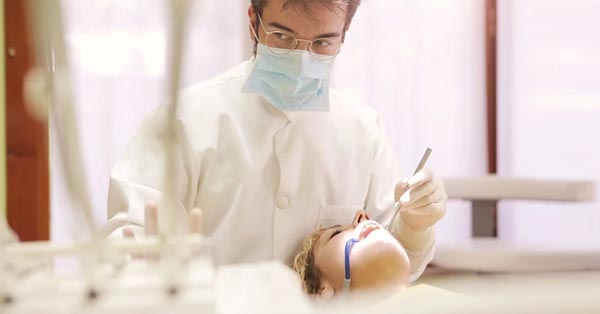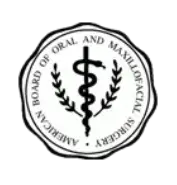Recovering from oral surgery
By: Delta Dental
Let's work together to help you get back to your normal routines after an oral surgery. These tested general guidelines will help ease your recovery! The Oral Surgery DC TeamOral surgery may be required for a variety of reasons. You may have an impacted tooth trapped in the jawbone or a tooth that is poorly positioned and damaging neighboring teeth. It is especially common to have these types of problems with growing wisdom teeth. Oral surgery is also necessary for the placement of dental implants and for a few types of gum treatments.
After surgery, it is normal for the area to be tender for the first few days but, in most cases, over-the-counter pain relief is enough to ease any discomfort. You should avoid aspirin because it thins the blood and can make your mouth bleed. In some cases, your doctor may suggest prescription painkillers. Whatever your method of pain relief, be sure to start taking it immediately after surgery - don't wait until pain sets in. It's far easier to prevent pain than to make it go away.
Here are some steps you can take following surgery to promote the healing process:
Do's
- Take it easy on the day of your surgery. If you want to lie down, and for the first night following surgery, keep your head propped up with pillows if possible to limit excess swelling and bleeding.
- Apply ice packs to your face for 15 minutes on and then 15 minutes off to reduce swelling.
- After the bleeding stops, you can eat soft foods. Stick to a liquid or soft food diet for the first day or two. Examples include soups, yogurts, fruit milkshakes, smoothies and mashed potatoes.
- If you've been given antibiotics, take them as prescribed and make sure you finish the course.
- Keep your mouth clean. While you may be advised not to rinse for the first 24 hours, after this initial period you should gently rinse four times a day using warm salt water (one teaspoon of salt in a glass of warm water). Be sure to rinse after every meal and snack, making sure that the water removes any bits of food around the surgical area. In some cases, your dentist may recommend a chlorhexidine rinse to kill bacteria and keep the mouth clean.
- Follow a balanced diet. In particular, eat foods rich in vitamins A and C, which contribute to the healing process. A vitamin C supplement may also be helpful. According to the Academy of General Dentistry (AGD), getting plenty of vitamin C is one way oral surgery patients can ensure timely recovery.
Don'ts
- Don't overexert yourself. Don't bend over or do heavy lifting or strenuous exercise for two to three days after surgery.
- Avoid hot food or drinks until the numbing wears off. You cannot feel pain while you're numb, and you may burn your mouth. Also, take care not to accidentally chew your cheek!
- Don't chew hard or crunchy foods, such as carrots or popcorn, in the area of the surgery for six to eight weeks.
- Don't brush or floss teeth in the surgical area until advised to do so by your dentist. Then, be sure to do so carefully.
- Try not to smoke for as long as possible after surgery, but at the very least for the rest of the day. Smoking can interfere with the healing process and the sucking motion can dislodge blood clots that are forming as part of the healing process.
- Avoid alcohol for 24 hours, as it can delay the healing process.
In most cases, if you follow the after-care instructions your dentist gives you, you will heal quickly and without complication. However, you should contact your dentist immediately if you experience any of the following:
- the dressing on the surgery site becomes displaced
- excessive bleeding
- excessive swelling
- pain so strong that medications cannot control it
- fever or a reaction to medication.
Source: "Avoid dry socket with wisdom tooth extraction.", "Vitamin C speeds recovery from oral surgery wounds." Academy of General Dentistry (www.agd.org)
https://www.deltadentalins.com/oral_health/oral_surgery.html?






4.9 Stars
based on 134 reviews
5 Stars
based on 11 reviews
5 Stars
based on 11 ratings